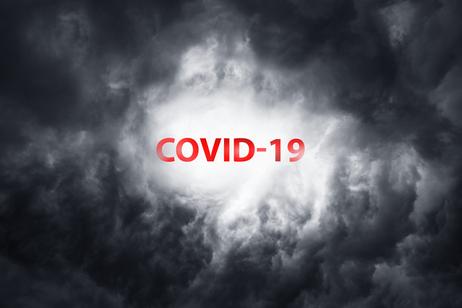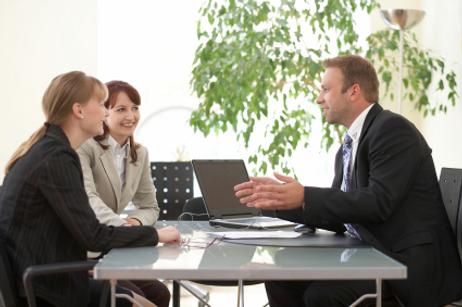It's late spring, early summer. If you are the head or owner of a private K-12 school, you are coping with the aftermath of the COVID-19 pandemic of 2020. It never seems to end, does it?
Your academic year 2019-2020 was going so well until everything stopped in March. You sent students home. You sent teachers home. In a matter of hours, your in-person classroom instruction became online instruction. Your old way of doing things was predictable and full of cherished traditions that made your school what it was. Your brand had dozens of metrics that proved to potential families that your school was worth the fees you charged. Your mission to educate the whole child that depended on personal interaction and watchful supervision was rarely questioned. Your brand and your mission have not changed. But the way you deliver them has most definitely changed.
So, how does a school like yours survive the aftermath of this terrible pandemic? By living in the moment with a cautious, clear vision of the future.
In this video, a doctor explains what COVID-19 is.
Step 1. Convene a planning committee to plan for the academic year
Keep your committee small but representative. Your administrative staff, faculty, board members, and parents are experienced, devoted people who care about the school. Their job is to develop a road map for the immediate future. Management of the day-to-day


































